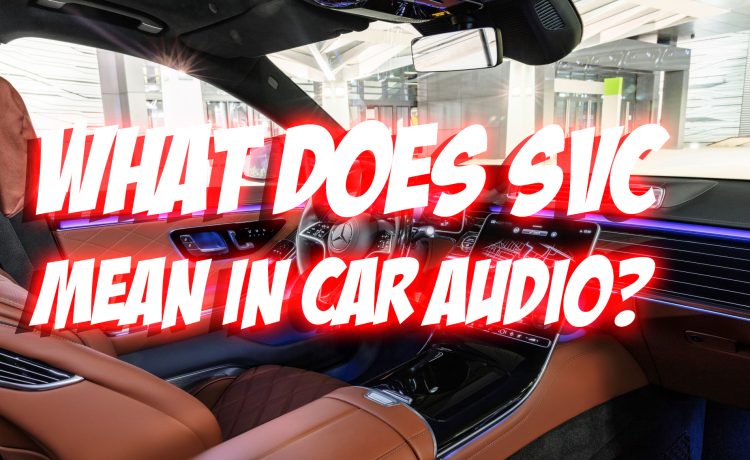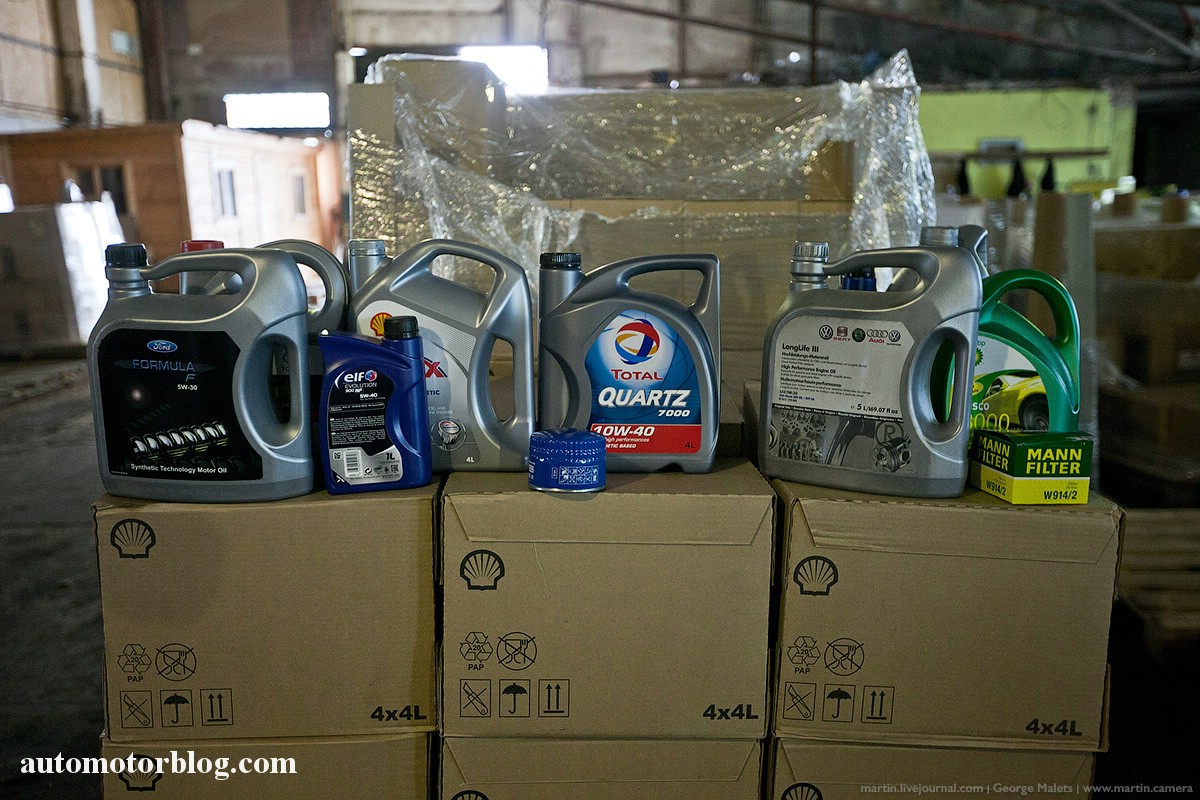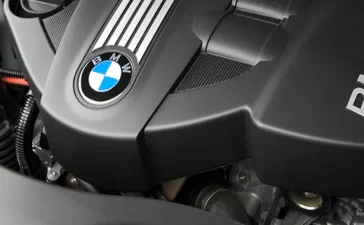Reaching perfect synergy in car audio systems often requires an approach based on testing and adjusting repeatedly. One term widely known in the car audio systems is Speed Volume Correction which goes by the abbreviation SVC. The small device serves as an essential check that evaluates sound quality under both high-speed and low-speed driving conditions. This article explores SVC fundamentals, which include understanding the concept along with its necessity in addition to presenting solutions for typical issues it generates.
An extra in-car entertainment system called Speed Volume Correction, or SVC, automatically adjusts the level of an audio output based on the vehicle’s speed. If you are hesitating in the middle of a road while driving at 70 mph, the song you are listening to will become incomprehensible. Isn’t that frustrating? SVC is used in this situation to prevent it by raising the volume in tandem with the speeding levels. As you continue working or engaging in other activities, it ensures that your music stays on without requiring you to turn the volume control dial.
Table of Contents
How Does SVC Work?
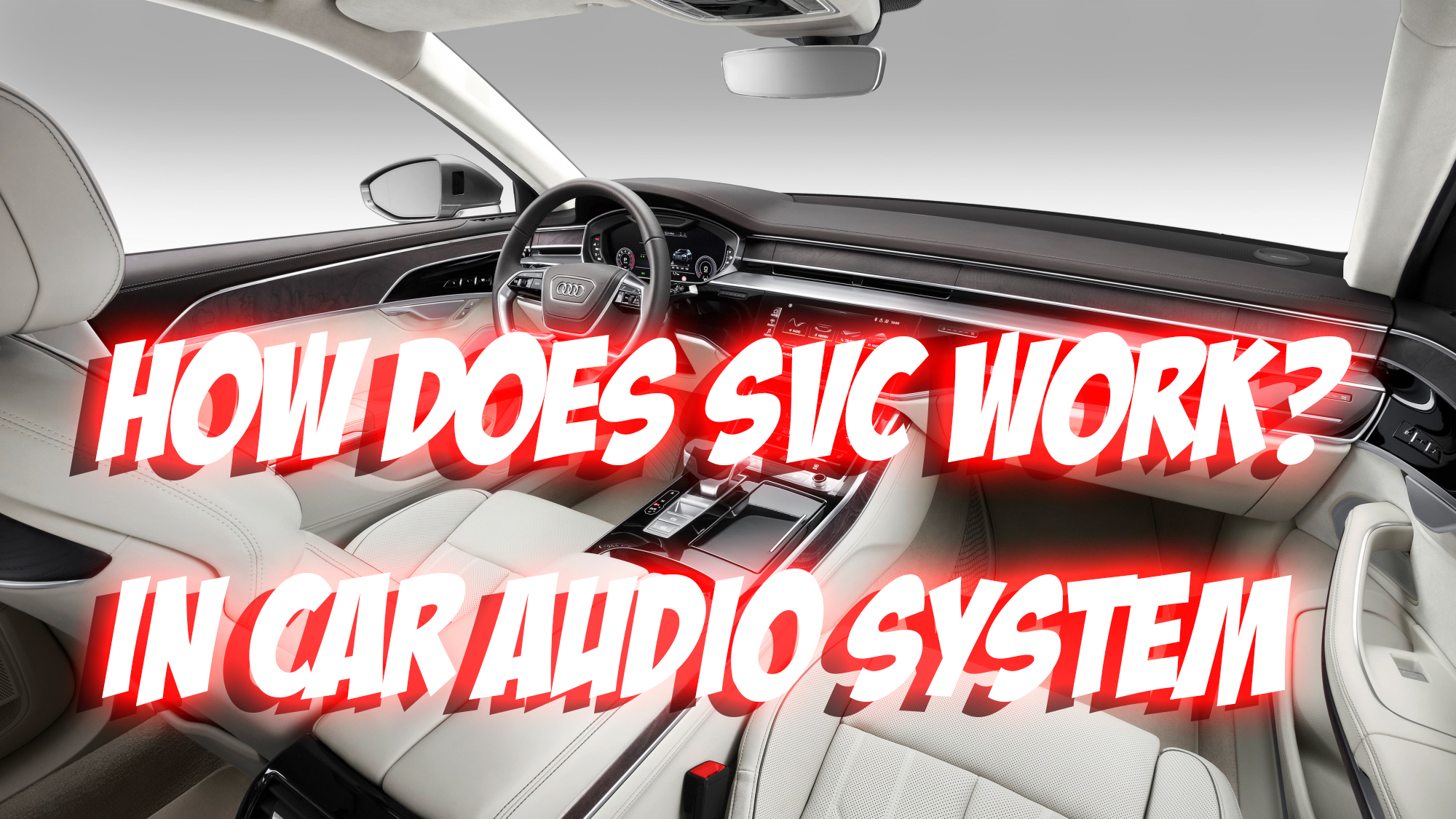
In its main functionality, there is a sensor that measures the speed of the car or any other vehicle. This sensor then activates the volume to rise to combat this outside interference (the wind and the road). When you drive at lower speeds, then the volume decreases correspondingly. It is one of the simplest techniques that can be used to ensure continuity of sound levels throughout the driving.
Causes of SVC Issues
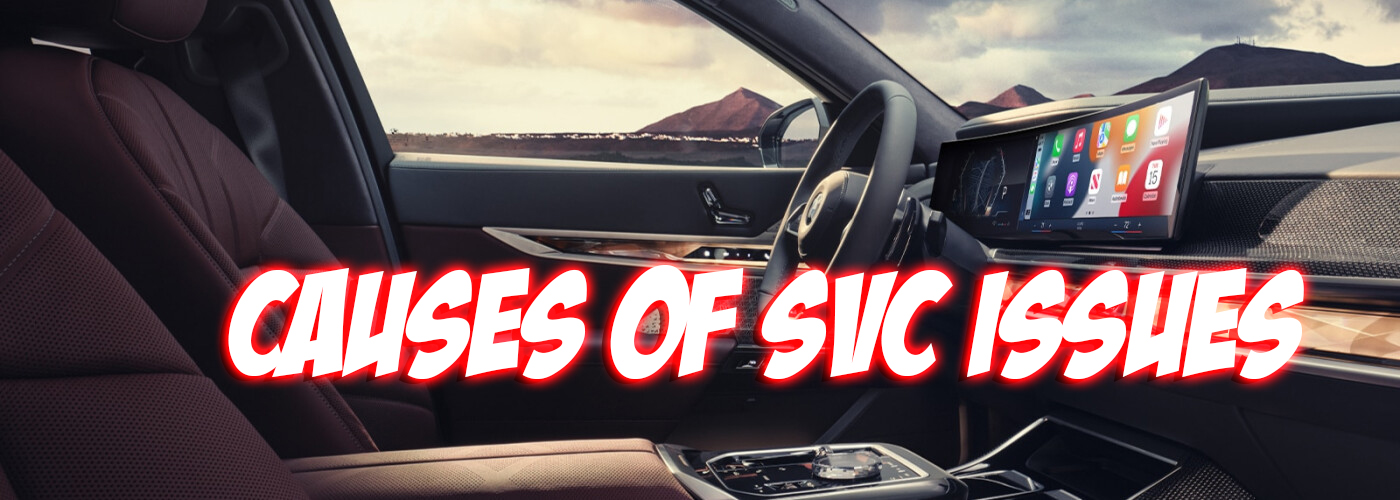
Nonetheless, SVC is not immune to some shortcomings that result in an unstable audio system. Here are some common causes:
- Faulty or loose wiring: This is where the problem can originate from because wiring issues will interfere with the signal coming from the speed sensor to amplify or reduce the volume.
- Malfunctioning Speed Sensor: The primary cause of the problem could be failed or damaged speed sensors that give wrong meanings of the speed, thus affecting the volume control.
- Software Problems: At other times, the problem may reside in some software that manages the SVC. Inaccurate or worn-out software should warrant irregular behavior.
- Installation Errors: There might have been a wrong installation of the audio system so the system may not function properly to read the speed sensor hence causing an SVC problem.
How to Fix SVC Issues

If you have issues with your car audio system’s SVC, do not worry, you can follow some of the following steps to get it solved:
- Check the Wiring: This is a vital step to undertake when diagnosing the SVC issues; check the wiring that connects the speed sensor to the audio system. The main thing to check in this case is whether any loose or damaged wires should be tightened or replaced.
- Test the Sensor: With the multimeter, check the speed sensor by placing the probes across the two terminals, reverse the probe connection, and again check the reading. It may have to be replaced if it is faulty in its operation.
- Update Software: Ensure that there is no available update for your audio system software because if there is, then updating will bring in new parameters for the system and the speakers to read from, and in effect improve the sound quality. A fix to many bugs is brought about by the update of the software.
- Professional Installation: If you’ve chosen or have chosen to better fit the interior and do not know how to install it, then it is better to contact a specialist. They can do this since they can double-check whether all systems are in place and running effectively.
Costs Involved
The reparative costs of SVC problems can, therefore, be determined by the following:
- Wiring and Sensors: The cost of wiring or a sensor can be between $50, and $200 if it will whereby the charge will include parts and the cost of labor.
- Software Updates: In the event the problem is associated with the software, it can occur as a result of a bug that may be fixed by an update of the software in question, such an update could be free or maybe for a token fee, $50 at most.
- Professional installation: If you require the help of a professional, you will be charged between $100 and $300, mainly depending on the task provided and the service provider involved.
End Note
Speed Volume Correction is the perfect feature that, when optimized, provides a perfect audio experience to any car. It is thus important to understand what it is and how one can deal with any challenges that may come with it. If you find yourself blaring music in your car at high volume, make sure your SVC remains healthy.
FAQ
What should I do if my SVC is installed but not working?
In case you are facing some issues with your SVC, then there may be some issues with the volume in certain speed ranges. This can result in having a case where your music becomes too loud or too low depending on your driving.
Can I disable SVC?
It is also possible to turn off SVC in some car audio systems. However, by doing so, you will compromise on volume control, which requires you to control the volume when driving.
Is SVC a standard feature in all cars?
SVC is not activated in all car models. It can be represented only in some models of certain brands. It is present most of the time in cars with sophisticated audio units, but it shall not be present in every car.
What is the time interval to check SVC?
For most cases, such as those that are related to routine car servicing, it is enough to perform regular maintenance checks. However, in case of emergence of the issues, it is advisable to solve them as early as possible.
To sum up, SVC can be considered a great feature of your car audio system. It plays an important role in the total chain for a better audio experience. Knowing what it is, why it becomes relevant, and how to address all the problems, good audio quality can be attained while in the car. Whether you claim to be an audiophile or just enjoy your rides, you should definitely pay attention to your SVC. Happy driving and listening!


